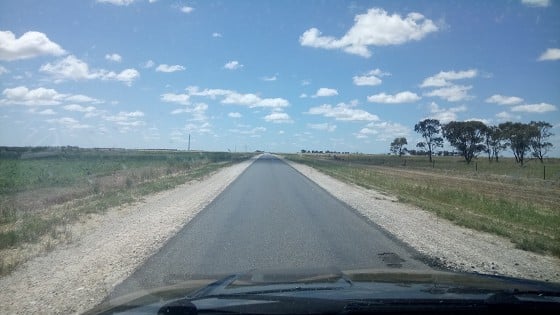I had a couple conversations with people about justifying getting a smaller diesel vs a larger petrol
Something about a min number of kms a year (I heard 25k/year) before the diesel becomes economical than a petrol.
I want to move up from my 2L Mazda 626 to something like a 2.4L Outlander or 2.2L Tucson.
This will give me a tow rating of 2T for a smaller motor than the equivalent petrol model.
I'm not a serial tower, but have relied on my brothers Holden to tow heavier loads than my 626 can handle and need to move up to the next size family car.




